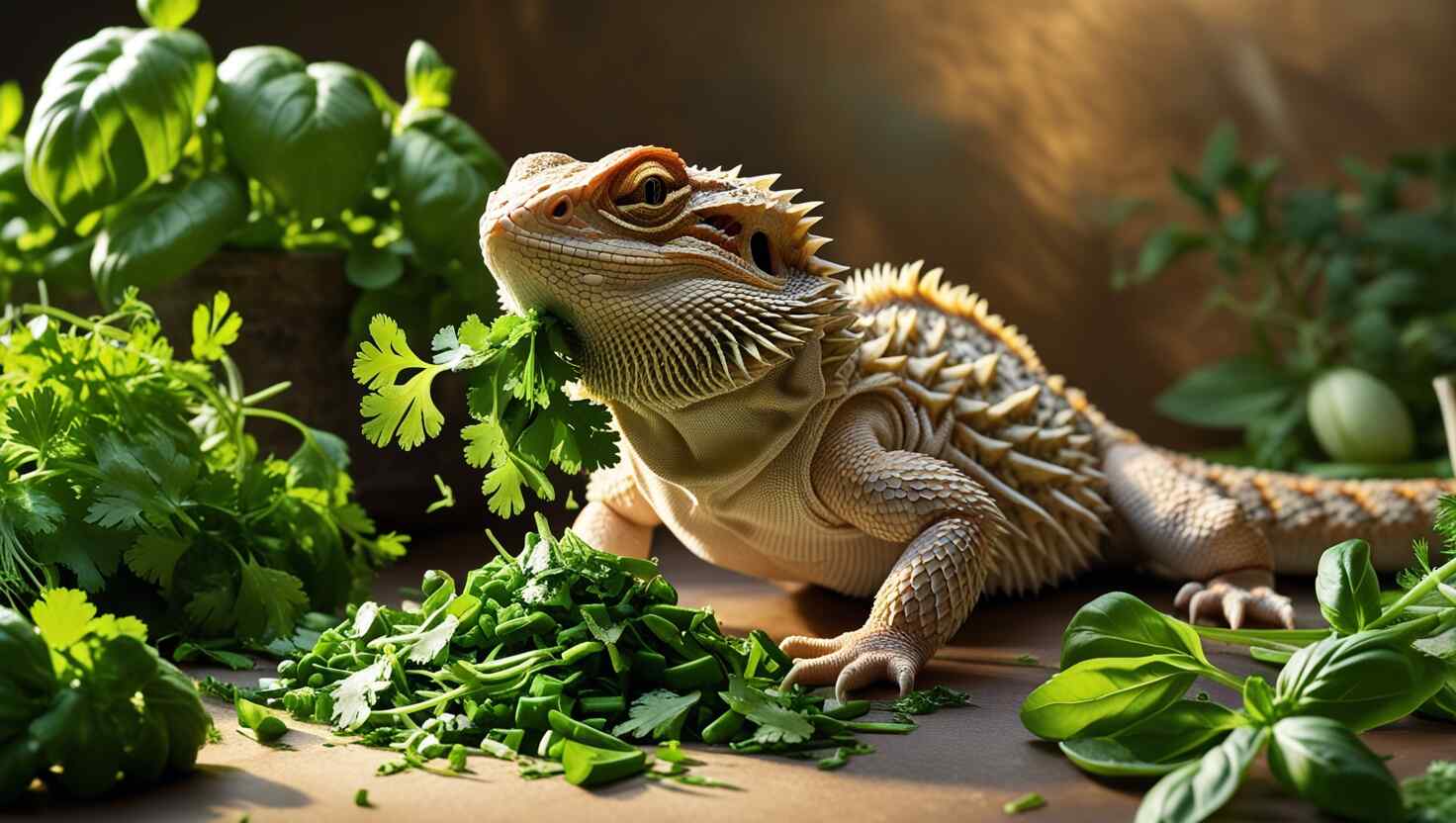Can bearded dragons eat cilantro
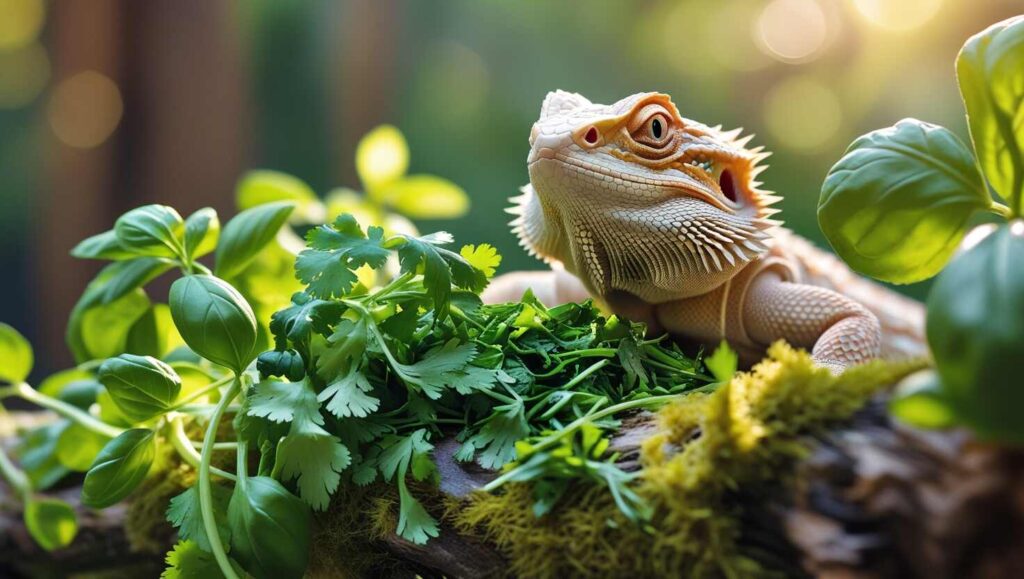
Yes, bearded dragons can eat cilantro, but only occasionally. It is a safe, nutritious herb that adds flavor and variety to their diet. Serve it chopped in salad with other greens like basil or fennel. Avoid overfeeding to maintain a healthy and happy beardie.
Introduction to Cilantro for Bearded Dragons
Cilantro, also known as coriander in many regions of the world, is an annual herb from the Apiaceae family, which includes vegetables like carrots and celery. In the U.S., cilantro refers to the fresh leaves of the plant, while its seeds share the same name as coriander. This article will discuss its nutrition benefits and safety for bearded dragons.
Though different parts of cilantro plants like the stem, leaves, dried forms, and seeds are all edible, the fresh leaves are more commonly used in dishes. Depending on their location in North America, pet owners may encounter varying terminology around this plant. Bearded dragons can enjoy cilantro in moderation, benefiting from its mild nutrition profile.
Nutritional Value of Cilantro for Bearded Dragons
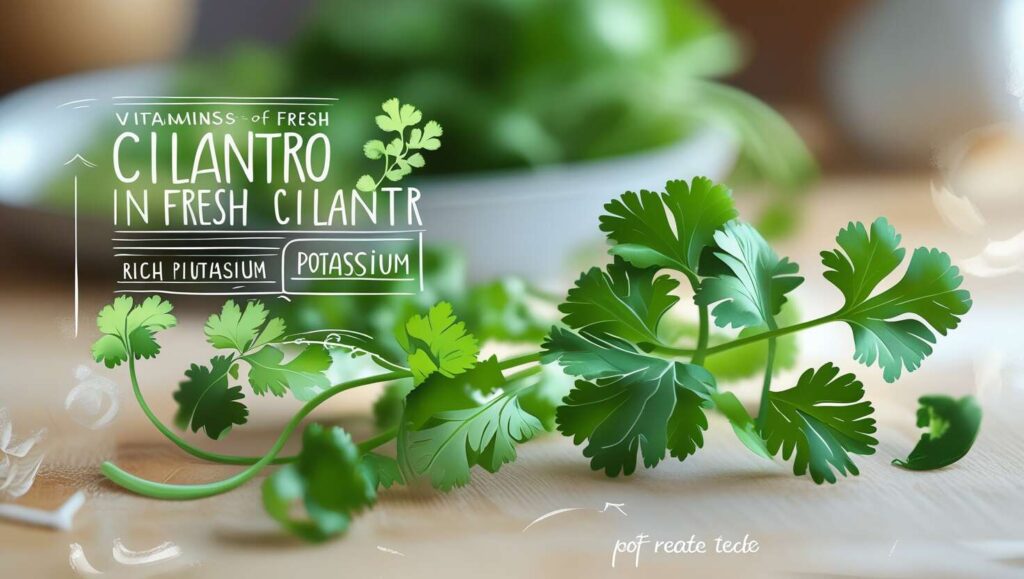
Nutrition
Cilantro is a herb that offers very healthy nutrition for bearded dragons. Based on reputable sources like the USDA, cilantro has 23 cal per 100 grams, 92.21 g of water, 3.67 g of carbohydrates, 0.87 g of sugars, 0.52 g of fat, and 2.13 g of proteins. It contains vitamin A (6748 IU) and vitamin C (27 mg), both necessary for cell growth, nervous function, and blood clotting.
Its Ca:P ratio is 1.4:1, providing a balanced nutrient profile for bone health. This earns cilantro a good rating on the healthiness scale for reptile diets. Its various parts, including leaves and stems, are used for their nutritious properties.
Benefits
Cilantro supports normal tissue and skin development and helps offset the effects of acidic foods in a beardie’s meal. When combined with calcium-rich fruits or supplements, it helps maintain stable nutrient stores and prevents over-accumulation of oxalates, which may cause skeletal conditions.
Feeding cilantro in moderation aids bearded dragons in excreting excess nutrients efficiently and keeps vitamin levels balanced. Its antioxidants promote bone strength and prevent metabolic issues. This makes cilantro a good choice as part of a varied diet. However, avoid overfeeding to prevent conditions like depression and nutrient imbalances. Vets recommend adding calcium powder to ensure proper vitamin metabolizing while allowing your dragon to grow independently and healthily.
Safety and Frequency of Feeding Cilantro
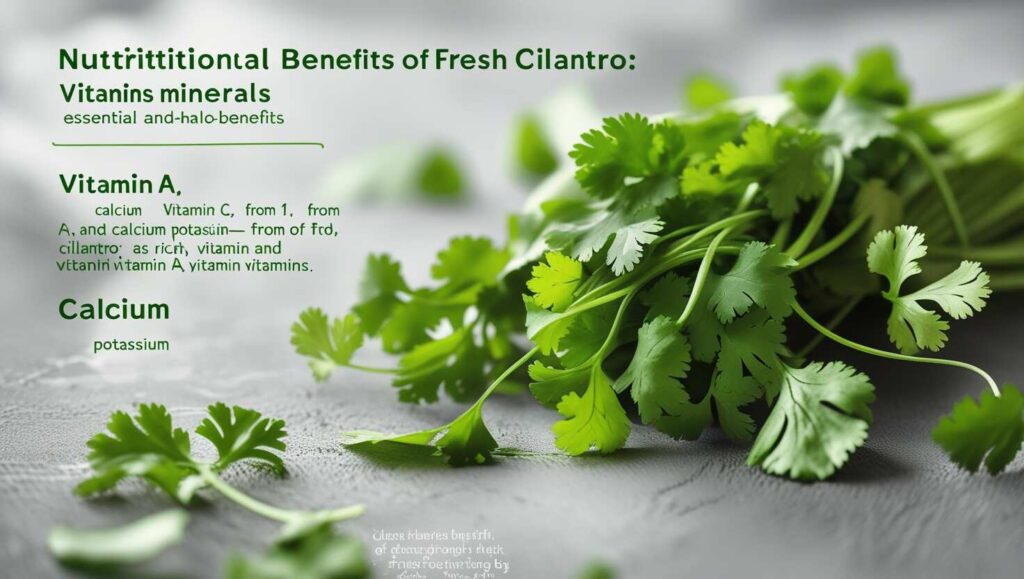
Cilantro, a herb commonly referred to as coriander outside North America, is safe for bearded dragons when fed in moderation. It provides excellent nutritional content, supporting organ and tissue maintenance and repair. Key nutrients include:
- Vitamins to promote immune system, vision, and reproduction.
- Potassium for healthy blood pressure.
- Calcium for strong bones and digestion support.
- Antioxidants with anti-inflammatory properties that reduce inflammation.
Its taste is mild, and raw cilantro offers greater benefits than the ground or dried spice. The plant also contains dodecenal, a natural antibacterial compound aiding digestion and preventing poisoning.
Before feeding, always wash fresh cilantro to remove pesticides and dirt. Serve it alongside other greens like mustard, collard, and turnip greens, or mix it with fruits such as prickly pear cactus, apples, and blueberries to enhance hydration.
Additional Feeding Tips
- Avoid overfeeding as prolonged excess may cause kidney, liver, and heart failure, or impair the body’s ability to excrete minerals.
- For a balanced diet, combine cilantro with proteins like dubia roaches or plant options such as alfalfa, dandelion, and beet greens.
- This helps prevent nutrient imbalances and maintains healthy metabolism while supporting your dragon’s overall health.
How to Serve Cilantro
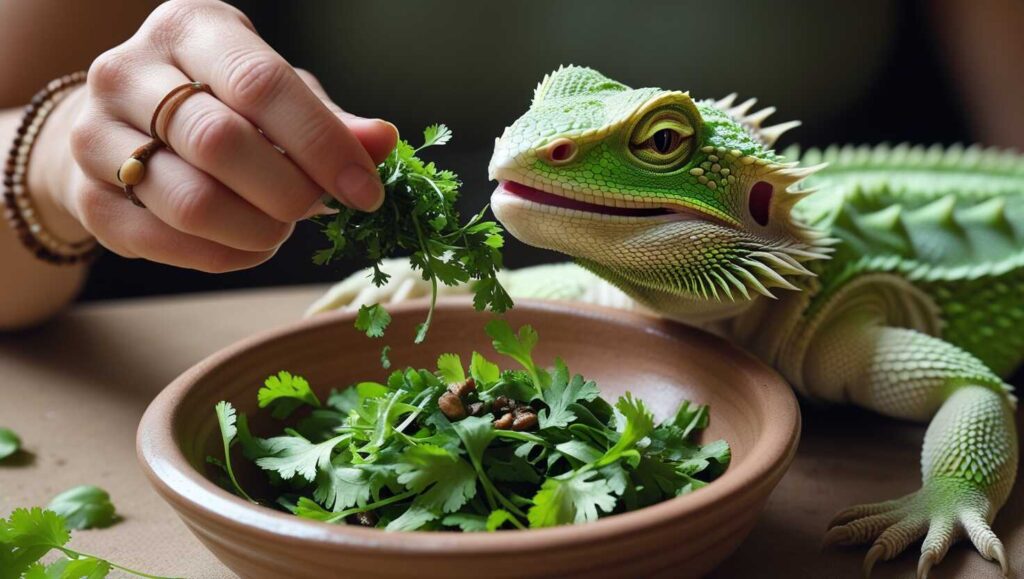
When serving cilantro, use fresh, organic produce if possible. Ensure it is thoroughly washed to remove debris or chemicals. In the preparation, chop the leaves and stems into finely cut pieces to avoid harmful contact with beardies’ eyes.
Mix cilantro with leafy greens like salad or other veggies for healthy nutrition. Bearded dragons often gobble this combination. Start by sprinkling a small amount, then gradually increase to gauge how your dragon tolerates it.
Check your local grocery store or farmer for cilantro that’s locally grown. Offer it as part of a new daily food routine, allowing your dragon to enjoy the rest of its balanced diet. Properly serve to avoid potential health concerns.
Other Herbs and Foods for Bearded Dragons
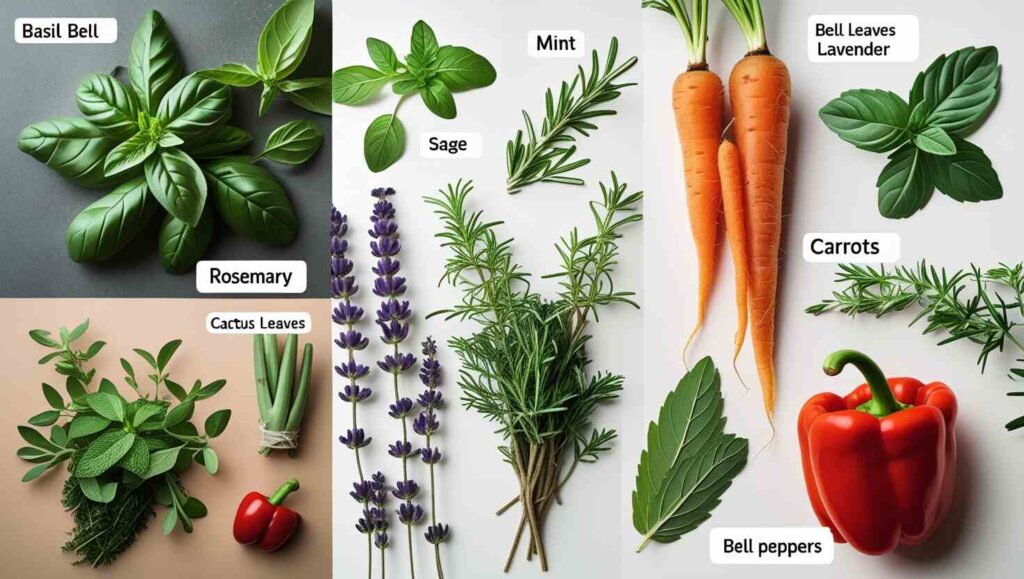
Besides cilantro, you can include other herbs in your bearded dragon’s diet. Use moderation to avoid disrupting nutrient balance. Safe herbs include:
- Basil, rosemary, sage, mint, fennel, and lavender
- Avoid toxic options like onions, garlic, and chives
Healthy vegetables provide nutritional variety and support hydration and bone health. These options are rich in calcium and aid digestion:
- Carrots, yellow squash, cactus leaves, bell peppers
You can also serve fruits like:
- Blueberries
- Strawberry slices for a light dessert
Create an enjoyable mealtime by mixing herbs, greens, and fruits, encouraging bonding during feeding time. Use a rotational feeding plan to provide diverse nutrients and prevent long-term imbalances.
Regular vet check-ups help you monitor specific nutritional requirements and make adjustments as your dragon grows. Proper planning ensures safe, healthy reptile care.
Final Thoughts on Feeding Cilantro
Bearded dragons can safely eat cilantro, but it should be offered responsibly as part of a balanced diet. This herb adds flavor and variety to meals, making feeding more enjoyable. Use it occasionally, not as a staple, by chopping it finely and mixing it with other greens like basil or fennel.
For a healthy and happy pet, follow dietary tips and adjust based on your beardie’s preferences. A small sprinkling of cilantro a few times per week can help keep your pet thriving. Visit this site for more information on caring for bearded dragons!
Kindly note: The content shared in this blog is gathered from online sources, some of which may not be verified. For accurate guidance on caring for your Bearded dragons, it is recommended to seek advice from a qualified veterinarian.

